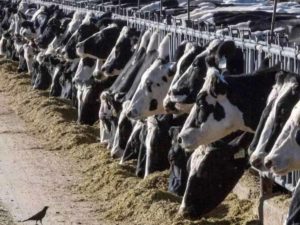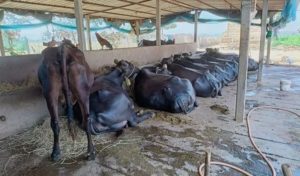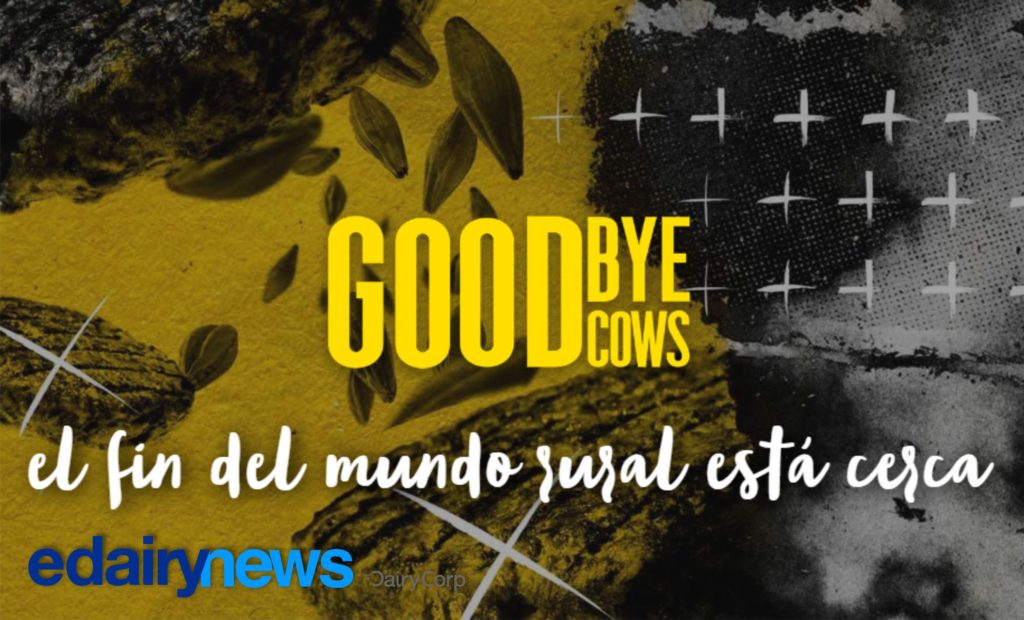India’s export of dairy products has declined 3.2 per cent in rupee terms during the April-October 2020 period due to COVID-19 pandemic, but steps are being taken to help recover from the loss, the government told Parliament on Friday.
In a written reply to the Rajya Sabha, Minister of State for Fisheries, Animal Husbandry and Dairying Sajeev Kumar Balyan said the Agricultural and Processed Food Products Export Development Authority (APEDA) and the government are implementing various programmes to “recover from the losses by the dairy industry”.
He, however, did not share the exact export figure in rupee terms.
“There is a decline of about 3.2 per cent in the amount of exports (rupees) during April-October 2020-21 in comparison to the same period in 2019-20, which is attributed to the COVID-19,” he said.
In the case of import of dairy products, the minister said it declined in both volume and value terms in the April-October period of the current financial year 2020-21.
The country imported 26,496.56 tonnes of dairy products at a value of Rs 805.42 crore during April-October 2020, compared with 33,829.83 tonnes at a value of Rs 831.82 crore in the year-ago period, he added.
To boost exports, the minister said the government is implementing schemes such as the Dairy Processing and Infrastructure Development Fund (DIDF), the National Programme for Dairy Development (NPDD), and Supporting Dairy Cooperatives and Farmer Producer Organization (SDCFPO).
In a separate reply, the minister said farmers faced financial problems during the pandemic and to address this issue, a special drive was organised to distribute kisan credit cards (KCCs) to dairy farmers of milk cooperatives.
By the end of campaign, about 52.46 lakh forms by dairy farmers were filled up and 44.83 lakh were submitted to banks.
“Till January 22, 2021, 5.72 lakh new KCCs were?sanctioned for dairy activities with a sanction limit of Rs 3,841.74 crore,” the minister added.










